Norma Kamali Doesn’t Want Investment Money or a Makeover
But she has other business and beauty advice you need to follow.
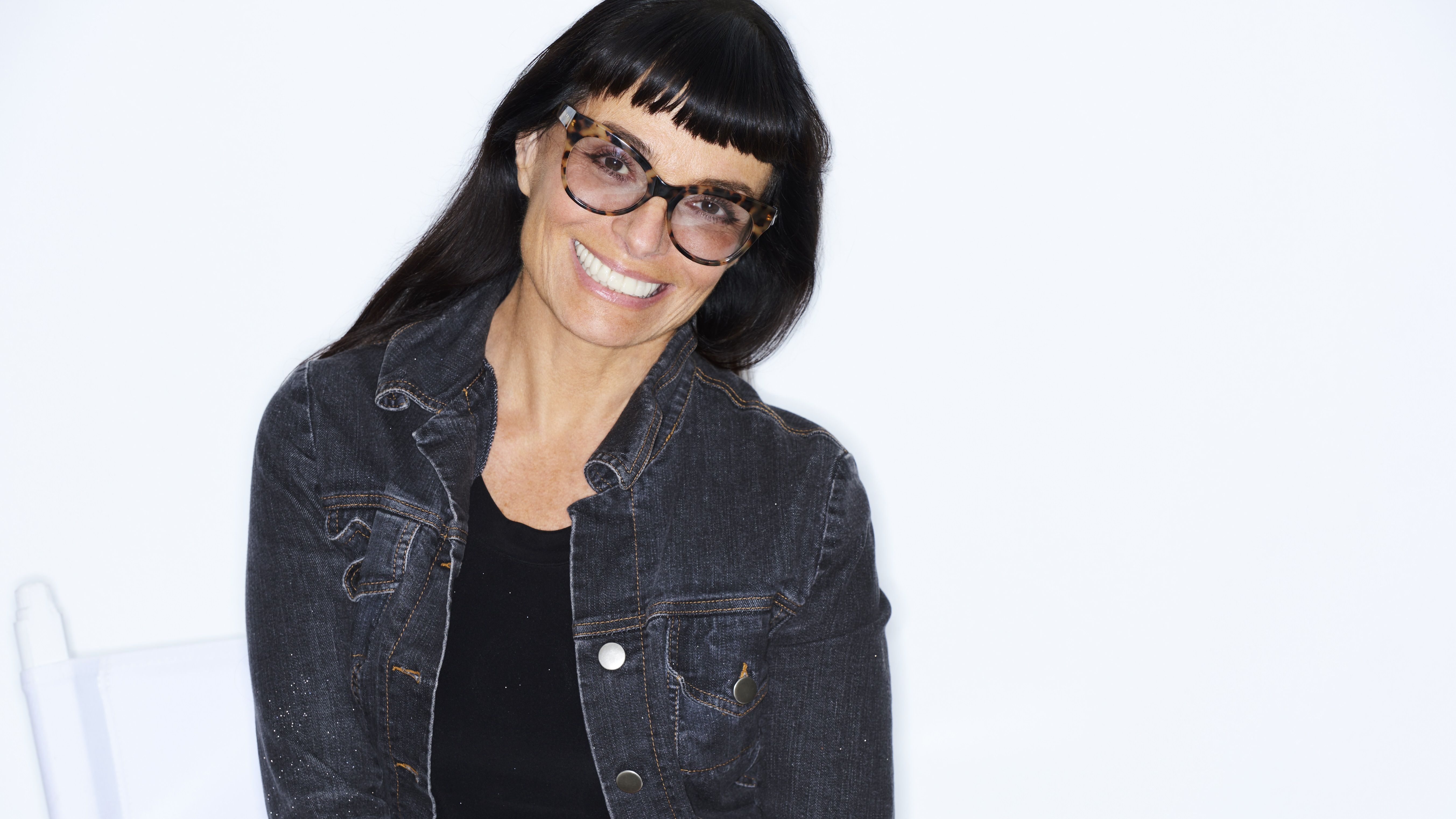
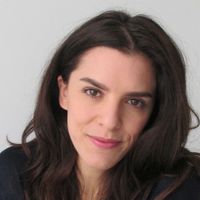
Fashion designer Norma Kamali has been in business for more than five decades, and her entrepreneurial drive is still going strong. Her newest brand, NormaLife, will include a skincare collection and products focused on healthy living (specifically, three pillars: sleep, diet, and exercise) are on the way. Here, she shares the business, branding, and beauty lessons she’s learned over so many years as a woman of power, purpose, and style.
When I saw my friends dying of AIDS. I was just thinking, There’s no medicine, there’s nothing that anybody can do. I thought the least we could do was eat healthier, so we all started going on these macrobiotic diets and eating sensibly, which was completely different from what was happening before, which was pure, drunken, crazy chaos. And from there, I just kept learning. I did a lot of retreats with Andrew Weil and learned from the people he gathered around him, like Michael Pollan and Tieraona Low Dog.
Before, it was only isolated group of people interested in being healthy. But fast forward to now, and there’s a glut of products and tons of choices, and I think what people need is some editing. In this health and wellness space, how do you filter and edit what’s really valuable, what really is useful and what works? And so I decided that it was time to present some solutions in the simplest way—make it inclusive, make the price inclusive, and make it democratic.
I didn’t really get good advice when I started my business. I was 24 and I thought I knew everything.
It’s for men and women and the family. I think we women are so in touch with our masculine side. We’re masculine-feminine: some days we’re more masculine, some days more feminine, but we’ve accomplished both. But the faster and the easier men can accept their feminine side, they’ll experience a more balanced life. I mean, Gen Z doesn’t need a lesson on this. They’re there. But it may take longer for some generations. And these products will appeal to all, because they work for men and women. They’re simple and they do the job.
I didn’t really get good advice when I started my business. I was 24 and I thought I knew everything. I was so smart, smarter than I am now, I mean, at that age, I was brilliant. And then I realized I knew nothing, so I better start learning.
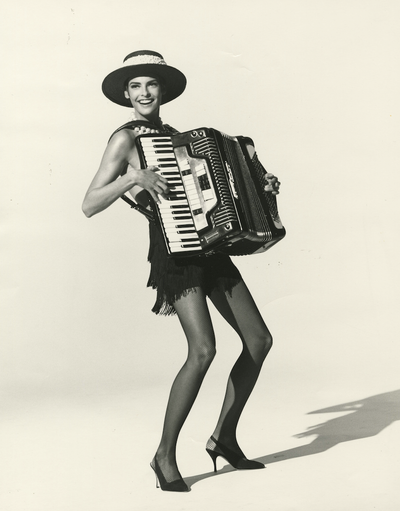
'Model Linda Evangelista wearing fringed shorts by Norma Kamali.
People telling me to sell my company or accept investment money. My goal was to have a creative life, which meant having partners would be difficult. They might not want to suffer through a dry period for me to take a turn or to reinvent myself. I don’t need to be the most famous and I don’t need to be the richest. There’s always going to be another trend, and all of a sudden somebody’s so famous. But I’ve seen so many of those famous people disappear. That high rise to fame is deadly. If you can just sort of waddle along and do your thing, but be authentic doing it, I think people appreciate that.
I admire any woman who has the courage to go out on her own. In the 1970s, when I did it, there were no other women. I had no role models. Well, there was one: Geraldine Stutz, who ran the department store Henri Bendel. Everybody was afraid of her, but I thought she was the only woman who has a company and knows about fashion, so I made an appointment to see her. She spent two hours with me, and her demeanor and her confidence and her presence were such a lesson.
Stay In The Know
Get exclusive access to fashion and beauty trends, hot-off-the-press celebrity news, and more.
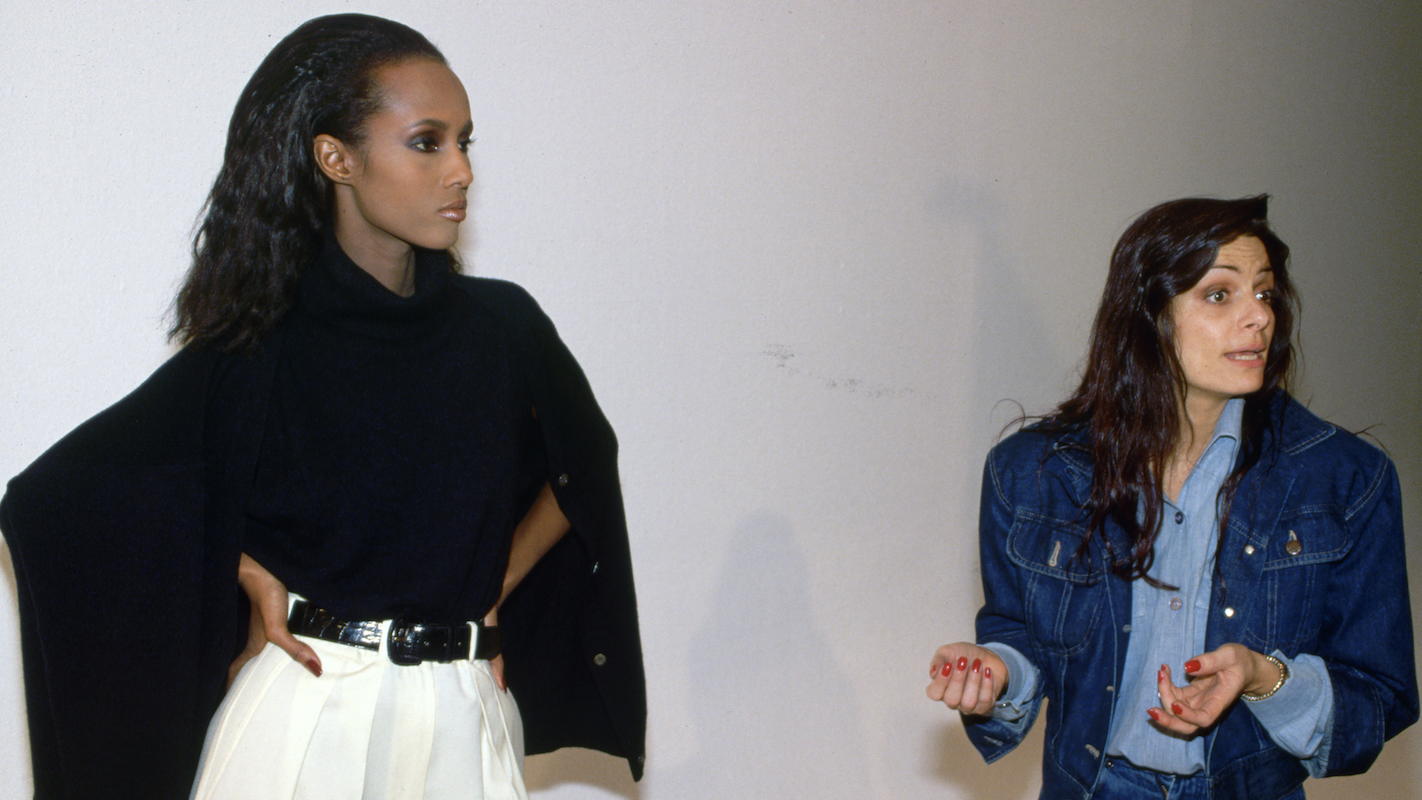
'Norma Kamali (right) with fashion model Iman.'
My mother was very eccentric and crazy. In the 1950s, she was already juicing with a big old car-engine juicer. It would shake the building when it was running. But she understood beauty was what you put in your body and what you do with your body, like exercise. The whole concept of a makeover is very insulting because it assumes that what exists is not good. Whereas I think the more individual you are, the more special your beauty is.
Every woman who makes a step is an example for another woman and one of my purposes in life is to help women reach their potential or to make them feel good about themselves or provide them with information that gives them strength and power. The more women who stay true to who they are, the more powerful women should be. And being strong doesn’t mean you won’t question your self-worth. You always question it. But then you have to think, This is who I am. I’m evolving and I’m changing, but this is who I am. And then nobody can topple you.
A version of this article appears in the June 2019 issue of Marie Claire.
RELATED STORY

Jennifer Goldstein is the former beauty & health director of Marie Claire and co-host of the award-winning beauty podcast Fat Mascara. In her quest to uncover the world's beauty secrets, she’s gotten tattooed in New Zealand, dug up turmeric in India, harvested shea nuts in Ghana, and squeezed enzyme-rich eggs from salmon in Norway. She can pluck eyebrows like a pro and has read the FDA monograph on sunscreen labeling and effectiveness—but she still can’t get liquid eyeliner to look the same on both eyes.
-
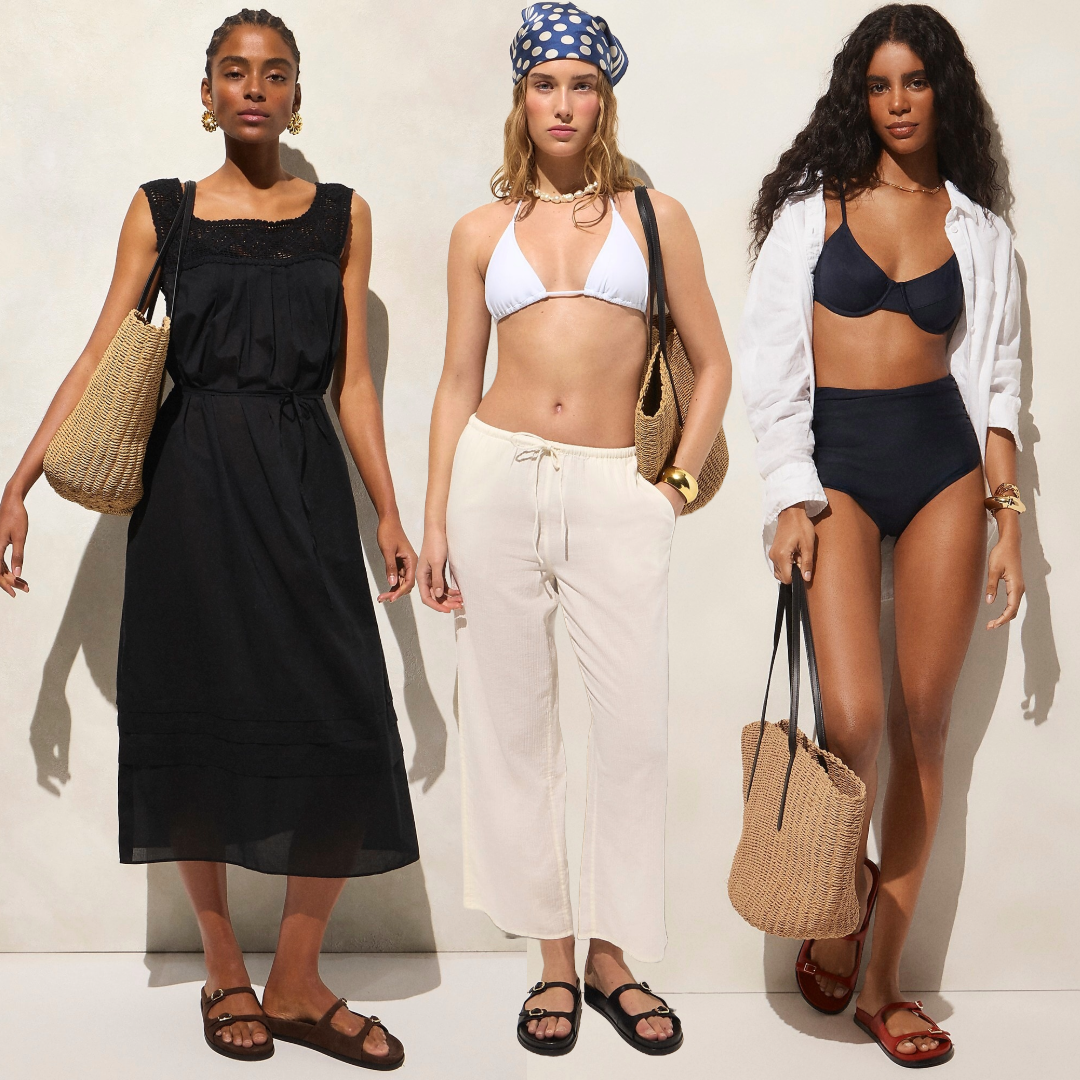 These J.Crew Sale Finds Basically Packed My Suitcase for Me
These J.Crew Sale Finds Basically Packed My Suitcase for MeI'm ready for my next vacation.
By Brooke Knappenberger
-
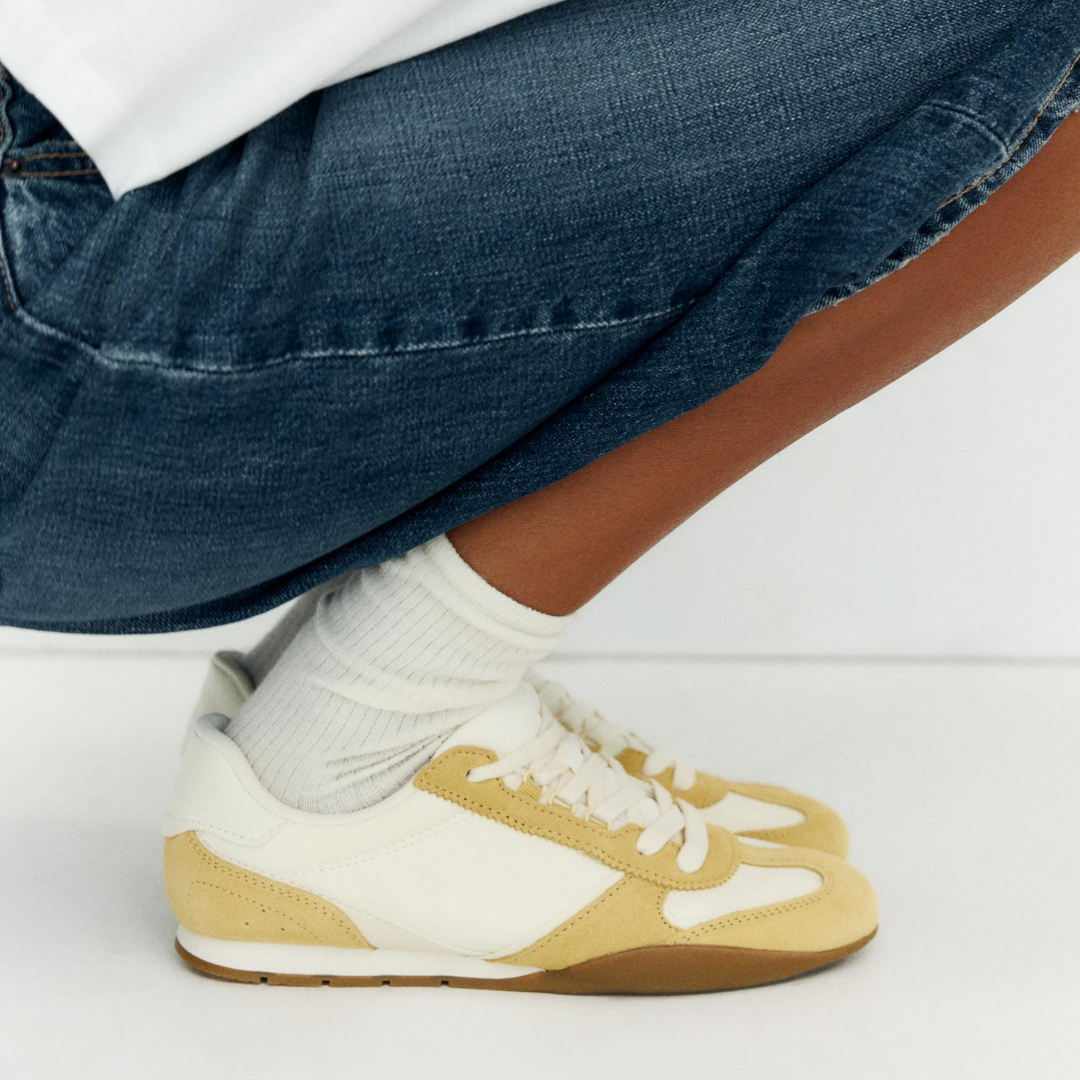 Summer's Sportiest Shoe Trend Is Worth Shopping More Than Once
Summer's Sportiest Shoe Trend Is Worth Shopping More Than Once17 pairs from Nordstrom, Mango, and Zara I'm shopping now.
By Julia Marzovilla
-
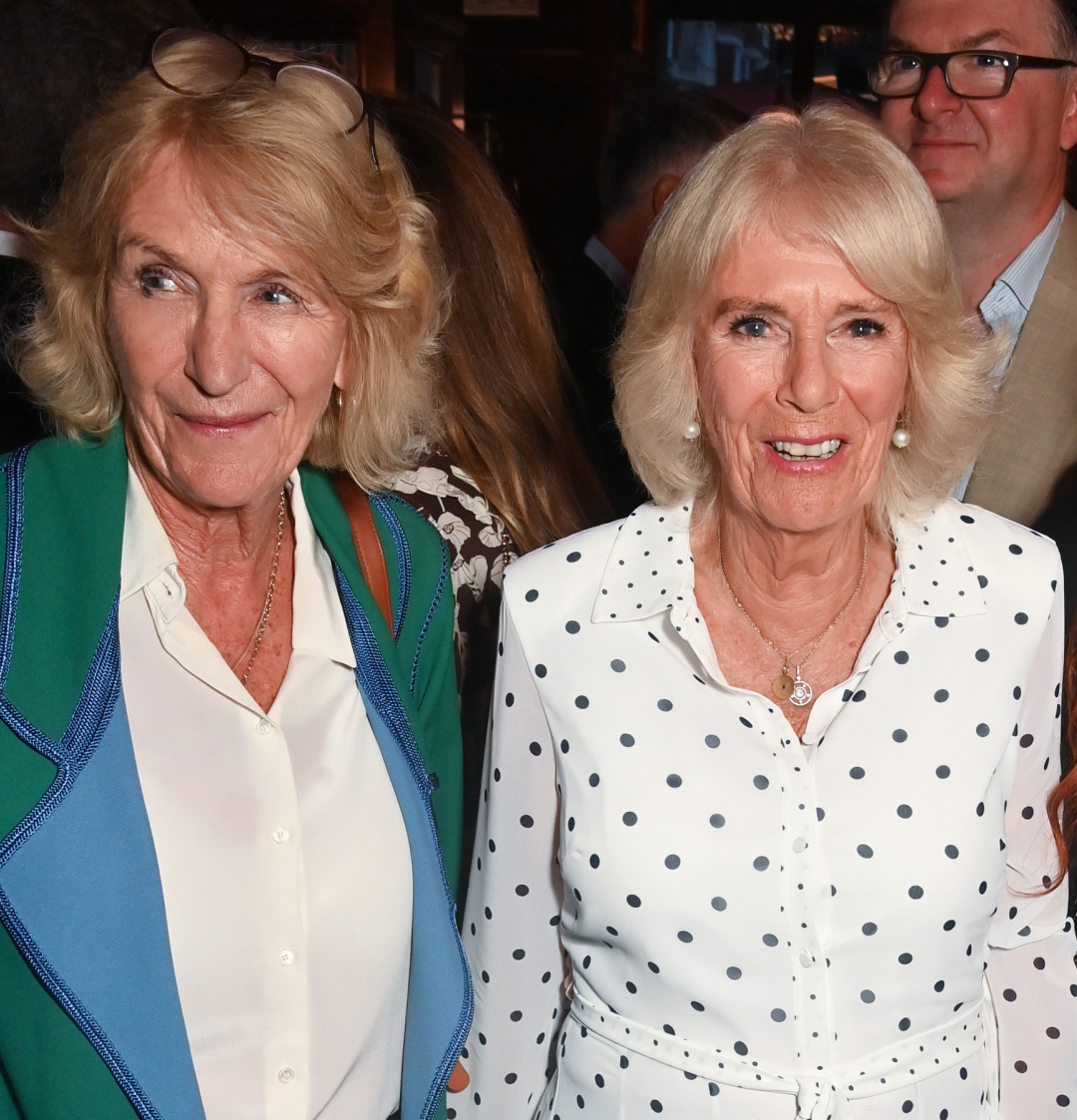 Queen Camilla's Sister Said She "Still Finds It Impossible" to Curtsy to Her Older Sibling
Queen Camilla's Sister Said She "Still Finds It Impossible" to Curtsy to Her Older Sibling"I can’t explain the feeling, because it’s so surreal."
By Kristin Contino
-
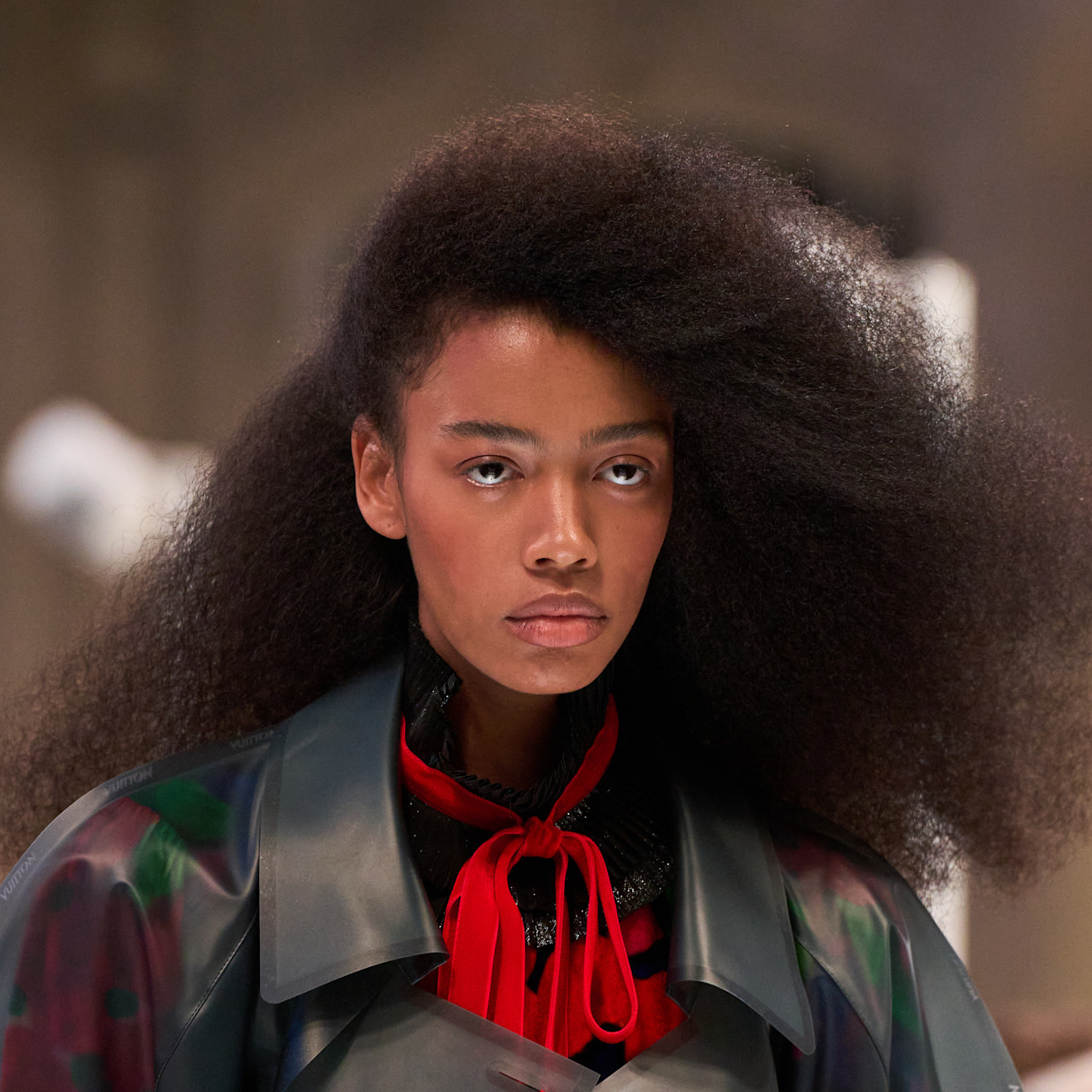 Everything You Need to Know About Marie Claire’s Skin and Hair Awards
Everything You Need to Know About Marie Claire’s Skin and Hair AwardsCould your brand survive an editor testing session?
By Ariel Baker
-
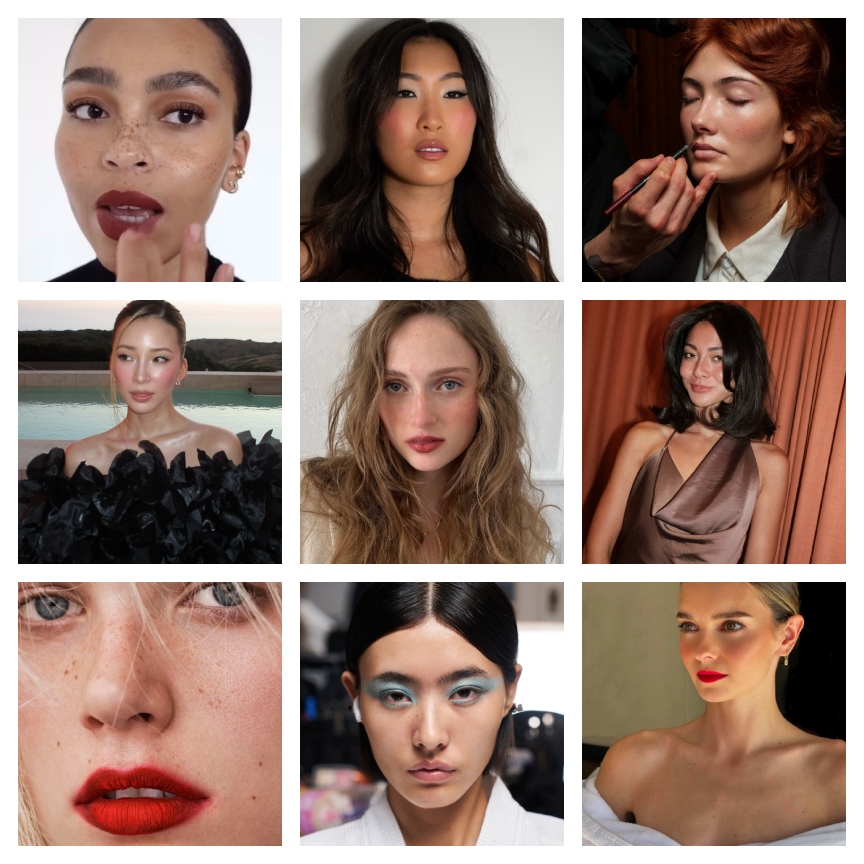 The 11 Best Spring Makeup Trends Are Sexy, Sensual, and Perfectly Luminous
The 11 Best Spring Makeup Trends Are Sexy, Sensual, and Perfectly LuminousIt's dew or die time.
By Jamie Wilson
-
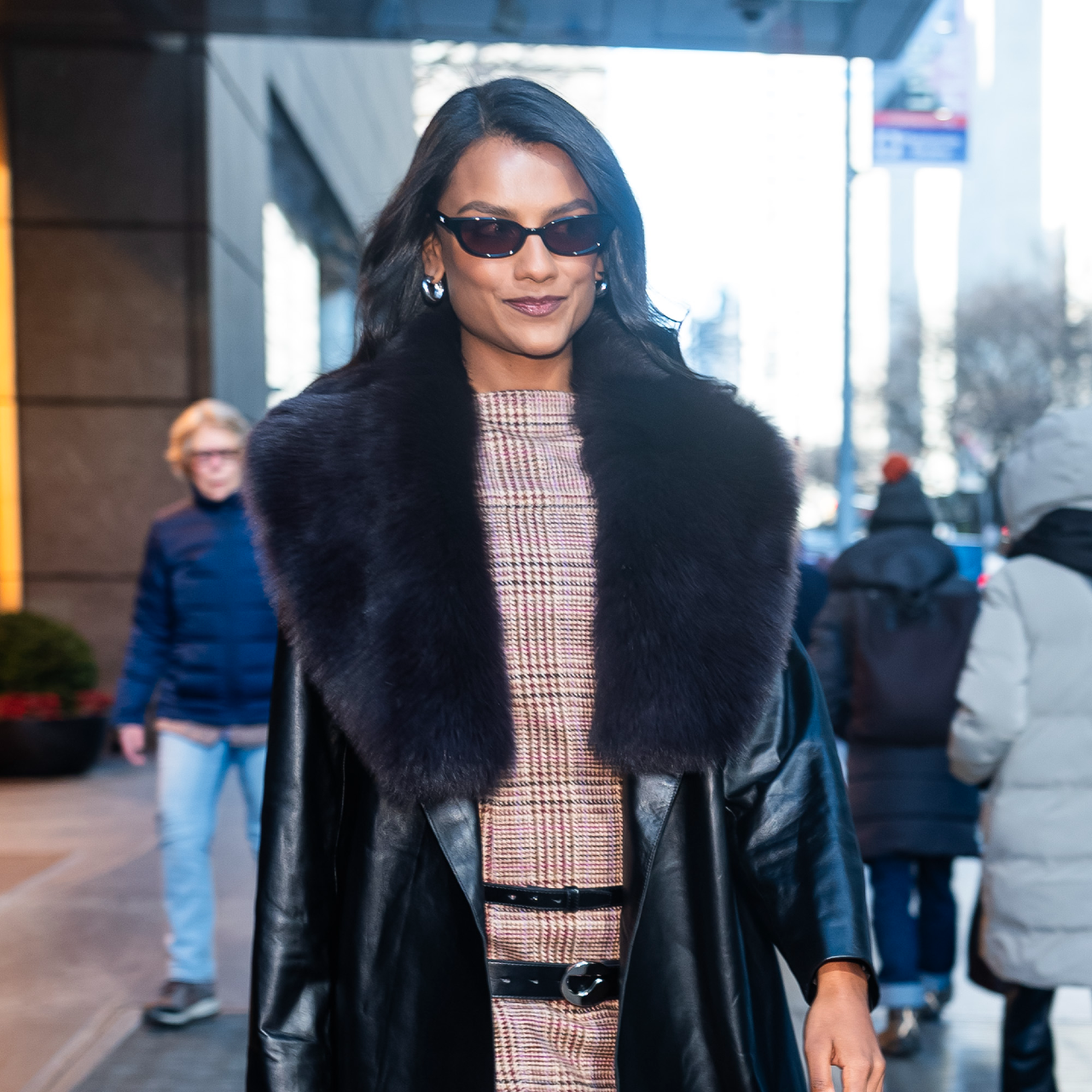 Simone Ashley’s Indie Sleaze Glam Is a Cool-Toned Dream
Simone Ashley’s Indie Sleaze Glam Is a Cool-Toned DreamThe actor was spotted in New York City looking like the epitome of cool-toned beauty.
By Ariel Baker
-
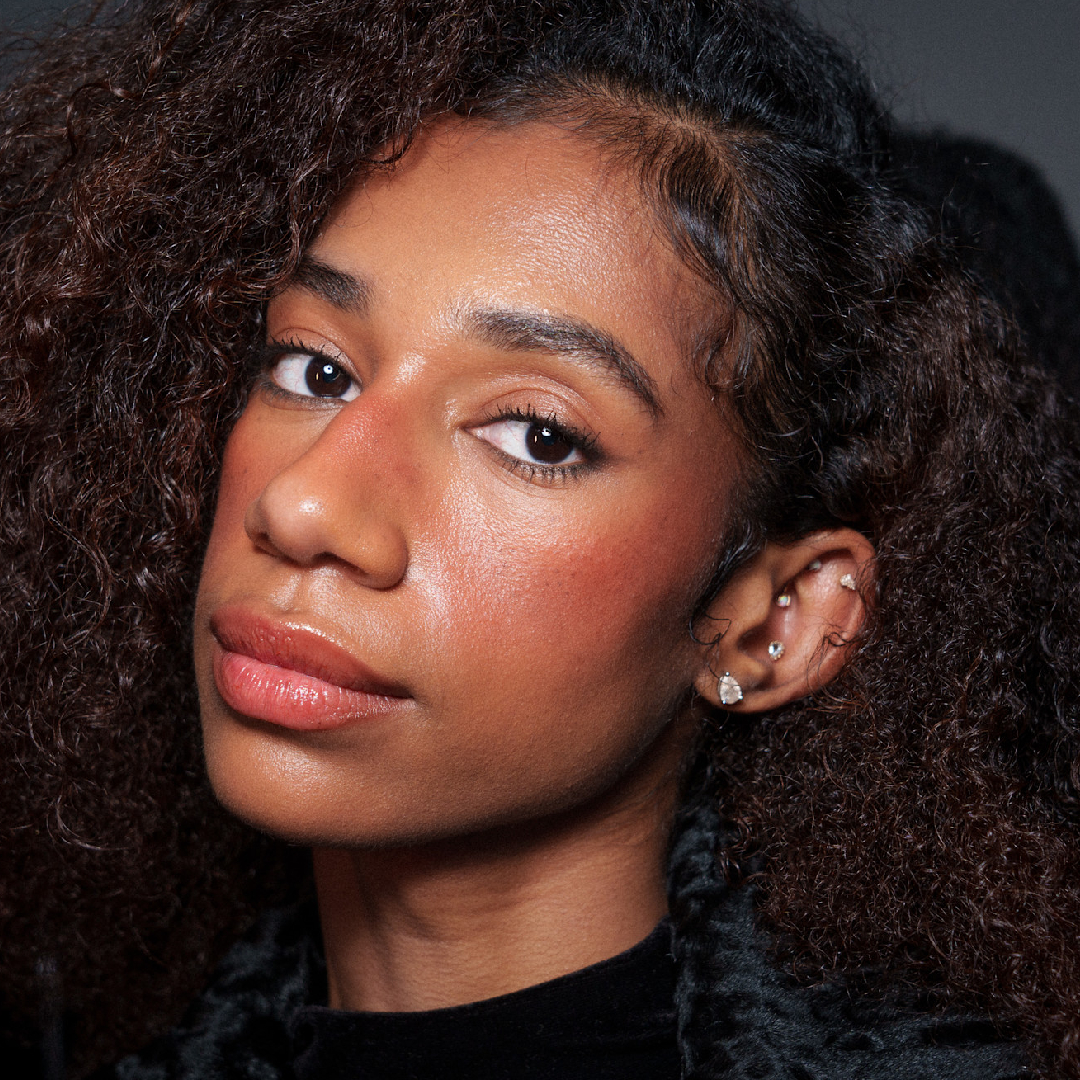 The 10 Best Hair Growth Shampoos of 2025, Tested by Editors
The 10 Best Hair Growth Shampoos of 2025, Tested by EditorsExpensive and healthy-looking hair on lock.
By Marisa Petrarca
-
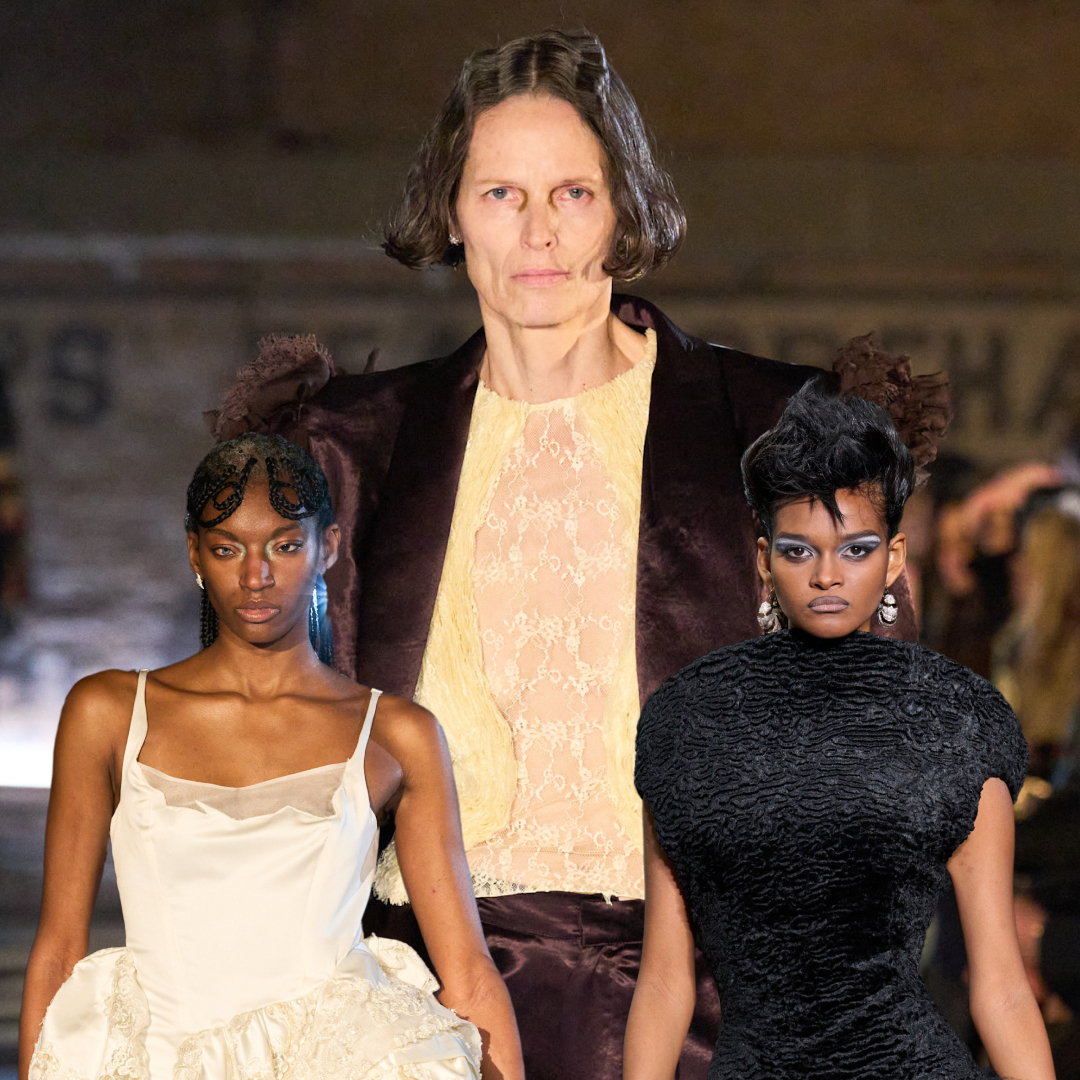 New York Fashion Week’s Fall/Winter 2025 Best Beauty Moments Are a Lesson in Juxtaposition
New York Fashion Week’s Fall/Winter 2025 Best Beauty Moments Are a Lesson in JuxtapositionThe week's best beauty looks were a maximalism master class.
By Ariel Baker
-
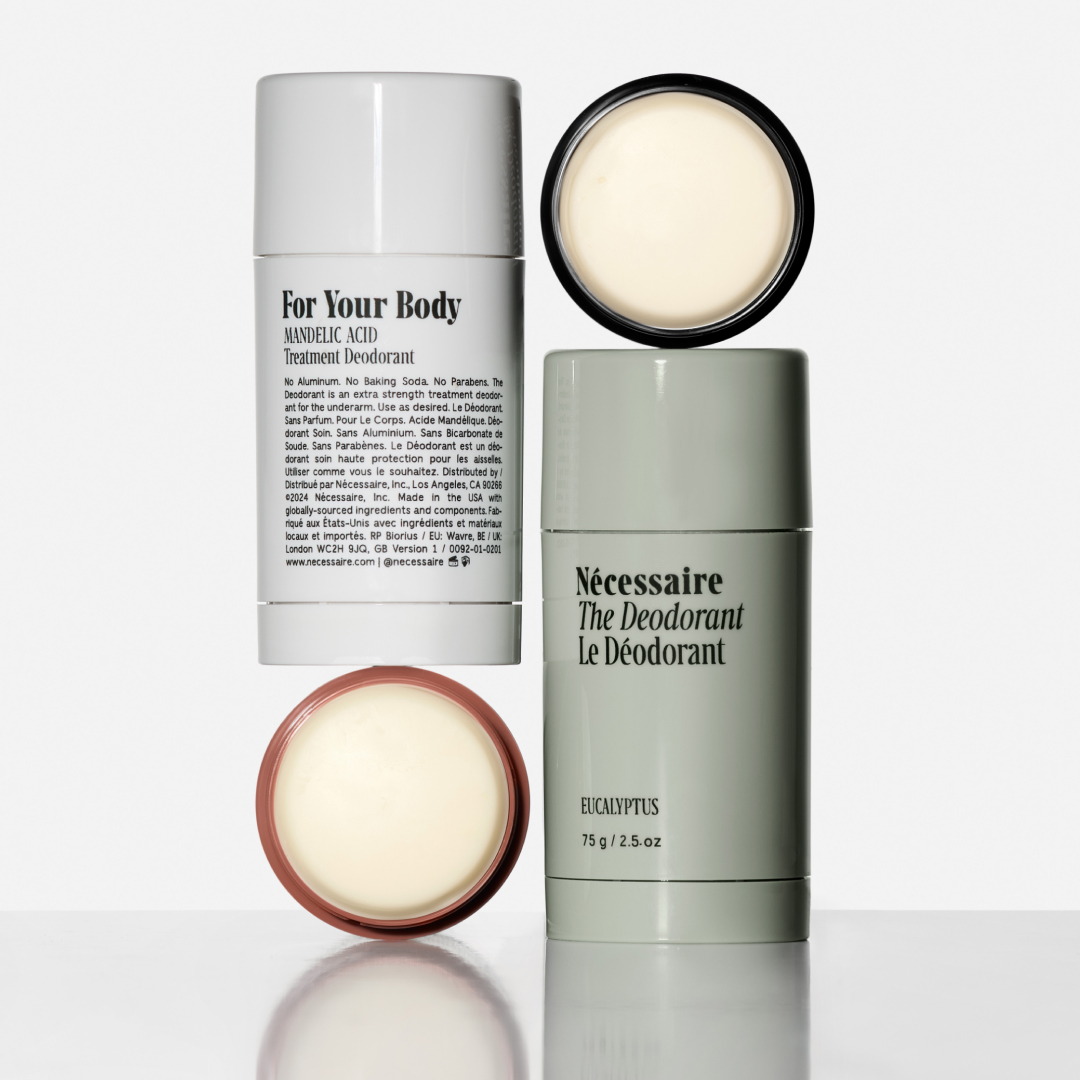 Nécessaire's Extra-Strength Deodorant Outlasts an Editor's Sweatiest Test: Fashion Week
Nécessaire's Extra-Strength Deodorant Outlasts an Editor's Sweatiest Test: Fashion WeekEven with my hectic schedule, I've never smelled better.
By Halie LeSavage
-
 Lily-Rose Depp’s Cool-Toned Makeup Is So ‘90s Coded
Lily-Rose Depp’s Cool-Toned Makeup Is So ‘90s CodedClean girl meets grunge.
By Ariel Baker
-
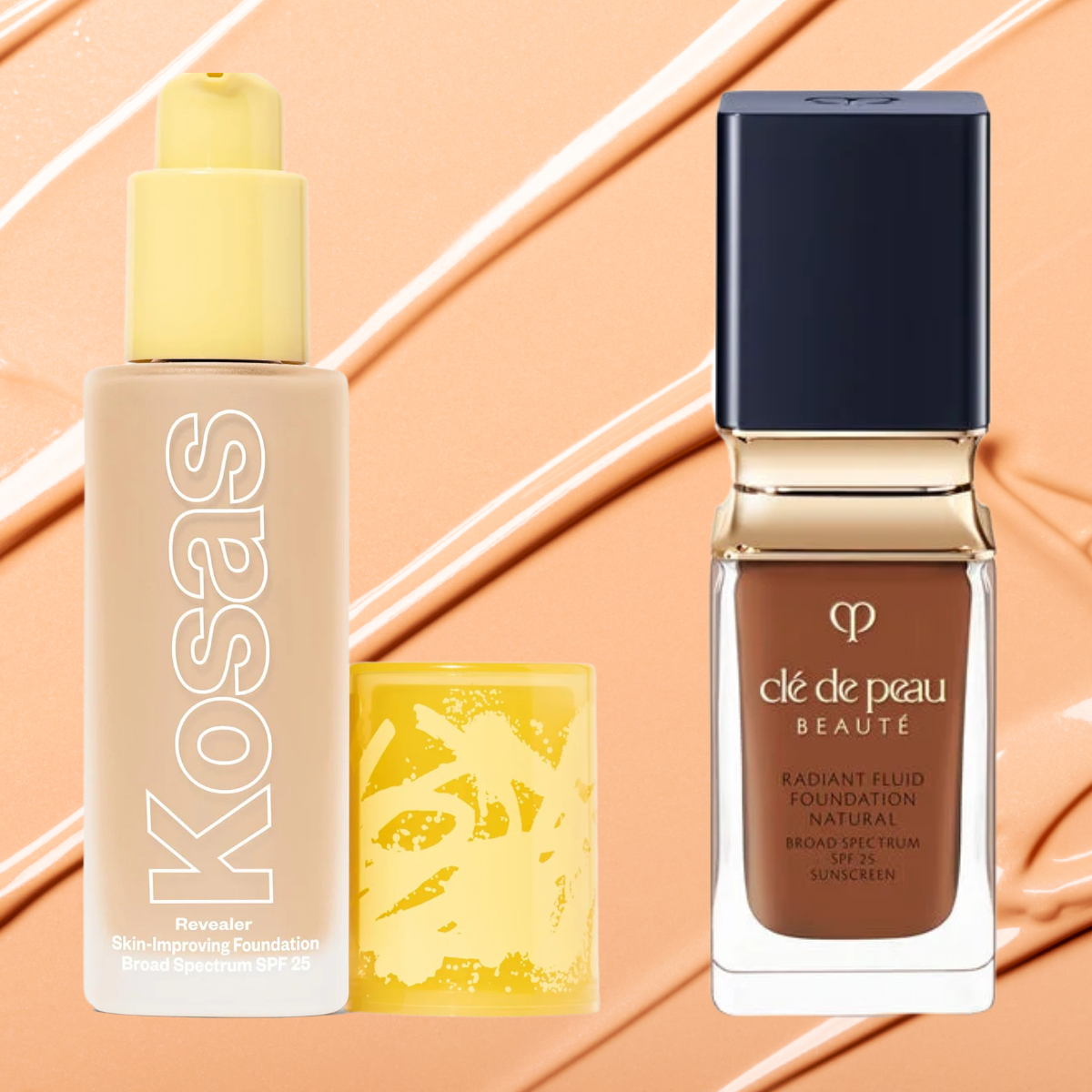 The 15 Best Foundations for Mature Skin, Tested by Women Over 50
The 15 Best Foundations for Mature Skin, Tested by Women Over 50It's perfect for mature complexions.
By Siena Gagliano